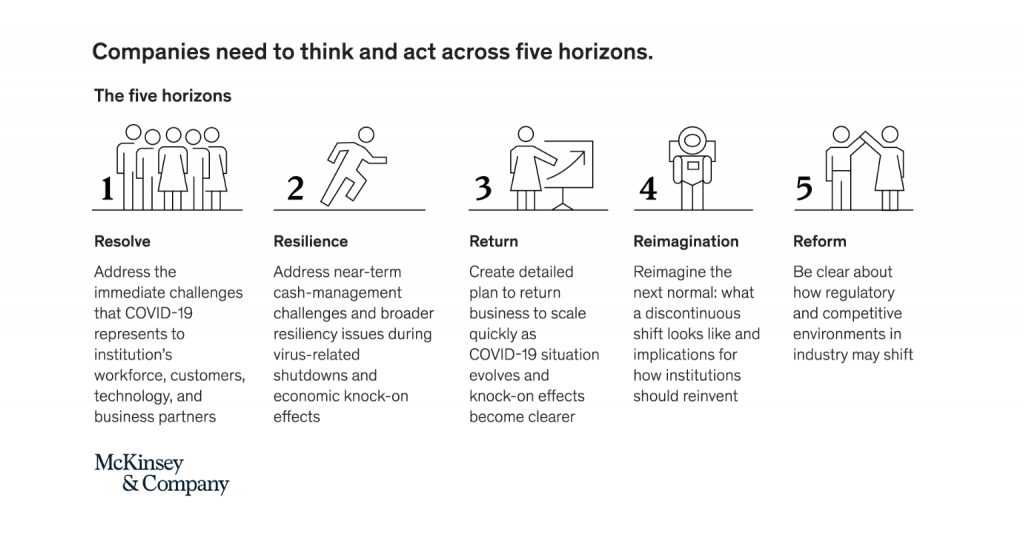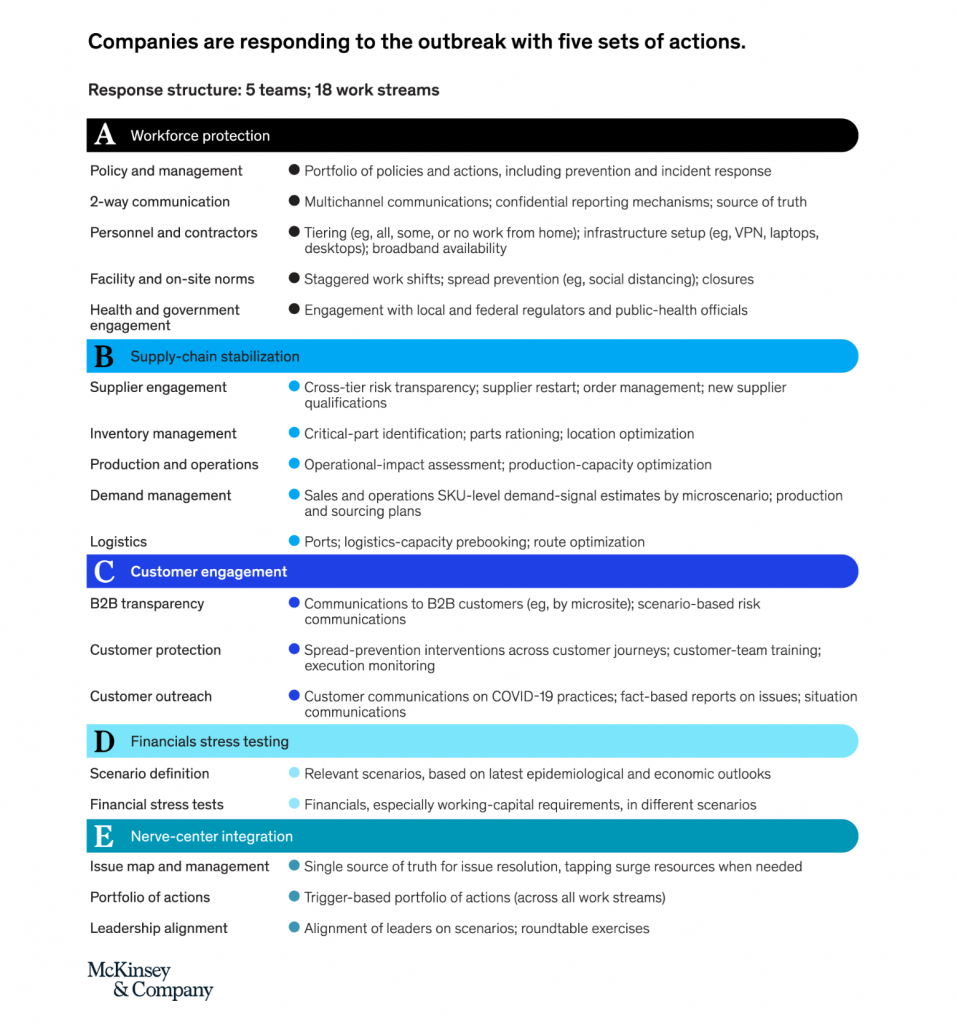8 THINGS YOUR LOGISTICS BUSINESS NEED TO DO (especially for SME’s industries).
Large-Scale Social Restrictions (PSBB) have been imposed in Jakarta. It maybe other provinces will be bordered by Jakarta. The government introduced this term not lockdown. Through the Ministry of Health Regulation which provides guidance on how to break the COVID-19 transmission chain, the Ministry of Transportation and the Ministry of Industry provide operational requirements for logistics industry that support the stability of food supply and demand.
The COVID-19 pandemic is spreading rapidly, with new updates flying in every minute. As the situation evolves, many SME’s business owners are unsure of what steps to take to mitigate risk, protect employees and support customers.
The following tips that SME’s business owners can take to mitigate risk, protect employees and support customers during the COVID-19 pandemic. The key points and immediate steps recommends:
1. Establish a Remote Work Option.
With plenty of people already working remotely, there are a lot of free tools business owners can utilize so that teams can stay in touch and keep working even if they aren’t in the same place.
Implement a remote work policy that covers when you expect your team to be online or available, how to communicate (via email, slack, or video call, for instance), and what deliverables each team member is responsible for completing.
2. Reduce Meetings and Travel.
Try to keep opportunities for exposure to the virus to a minimum. Postpone any team meetings or hold them virtually. Skip any conferences or other planned business travel. If your workers get sick because of travel or meetings, you could have a liability issue on your hands, or you will have to manage low morale and sick leave requests.
3. Give Employees Flexibility
Schools across the provinces are closing, as are offices, stores, businesses and commercial centers. With the country slowly moving toward total PSBB, you will need to be flexible with your employees’ time. Some team members may have to leave unexpectedly if their child’s daycare closes. Others may have students who come home from school for spring break and aren’t able to return. Try to be as understanding as possible when something comes up and have a contingency plan in case you suddenly become short-staffed.
4. Communicate Transparently with Your Customers.
Everyone is facing this crisis together, so be transparent about what your business is going through. Customers can empathize with brands facing a crisis, as long as you communicate with them properly.
“When customers are separated from the work that’s being done behind the scenes to serve them, they appreciate the service less and then they value the service less.” Describe the steps you’re taking to mitigate risk and give them insight into the steps you’re taking to help the community.
5. Keep your employees and your customers safe by being as proactive as possible about cleanliness.
6. Shift Your Sales Strategy to Online.
Some countries like China, forced to confront the reality of coronavirus shutdowns before most American companies, provide a blueprint for weathering this storm. As storefronts shuttered their doors and workers stayed in place, savvy business owners shifted their sales strategy to avoid heavy losses.
For instance, in retail markets closed 40% of the stores — but the advisors took to digital platforms like Whatsapp to engage customers virtually and increase online sales. “As a result, the sales can growth more than 100% compared to the prior year’s sales”.
If you’re closing your store, find ways to keep your employees earning a paycheck by selling on social media, putting your email list to good use or using a video tool to reach new leads.
7. Consider Business Interruption Insurance.
Business interruption insurance may be an option for you if you have significant business losses as a result of shutting down from the pandemic. “Ask your insurance broker about business interruption insurance to cover unexpected major events and see what qualifies for coverage. It may not cover this emergency, but you’ll be better prepared for the next time your business suffers similar economic losses”.
8. Plan for the Long Term.
Many countries economies are already starting to recover, the spread of the coronavirus is still extending throughout the world, creating a ripple effect that will impact us for some time.
As national reported, “40% of businesses expect the coronavirus to have a moderate to high impact on their revenue. Another 30% expect the virus to have a moderate to high impact on their supply chain.”
Speak to your suppliers, investors, partners and local officials on a daily basis to learn how you can implement safeguards easily that will help you stay above the red while officials work to contain COVID-19. Take a new strategy that makes your business stronger in this situation. (written by: Hasanuddin Yasni, Chairman Cold Chain Association of Indonesia -ARPI, copy and edit from USCC, GCCA Webinar and Mc Kinsey survey).


